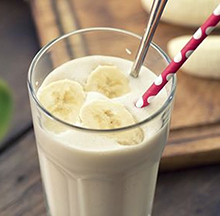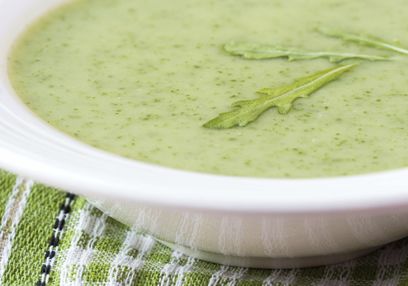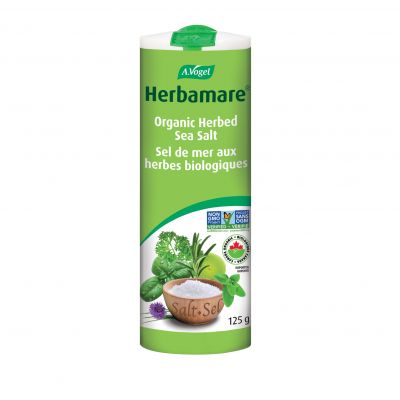The after-effects of disturbed sleep are typically experienced the next day in the form of grogginess, lack of concentration, and moodiness that can negatively impact your personal relationships. Waking up due to gout attacks, however, brings a whole new set of problems on top of already reduced productivity and tiredness…
Not only may it be impossible to fall back asleep when you are in pain, but the pain itself may cause stress, a factor that exacerbates the pain and makes it worse.
Gout
Gout, a painful condition caused by a build-up of too much uric acid in the body, results in episodes of acute pain that typically localize in the big toe and often wakes a person from sleeping.
Considered a form of inflammatory arthritis, it is one of the most painful forms of this rheumatic disease that is caused by the deposition of uric acid crystals in various joints. Uric acid has other destinations, as it can also accumulate under the skin, causing lumps known as “tophi,” or may deposit in the kidneys causing kidney stones.
Like other forms of arthritis, gout can cause pain, swelling, redness, heat, and stiffness in the joints. What makes it different, however, is that its character of pain is often excruciating and feels like the joint is on fire. Unlike other forms of arthritis, it is more transient in that it resolves fairly quickly and may not flare-up again for another few months or even years.
Gout attacks are intimately tied to diet. While there are other risk factors that increase one’s likelihood of developing it, such as age, sex, and some medications, what you put into your body can largely impact whether your next attack will be next month or next year.
Nutrition and lifestyle tips
If you suffer from gout, try following some of these nutrition and lifestyle tips to help put your arthritis symptoms at bay:
- Swear by a low-purine diet. Purines are chemicals found in meat and some plants. When purines are broken down in the body, they produce uric acid and may lead to a gout attack in susceptible individuals. Foods that are high in purines include:
– organ meats and fatty meats, such as liver, kidney, bacon, beef, pork, and lamb;
– some fish including anchovies, sardines, herring, mackerel, and scallops;
– and beer.
Avoiding these high-purine foods while increasing low-purine foods like vegetables and fruits may reduce the chances of a gout episode. - Stay hydrated. Research suggests that drinking more water may lead to fewer gout attacks. In a study published on gout patients in the journal Arthritis & Rheumatism, a patient’s water intake in the previous 24 hours was associated with a significant risk reduction for recurrent attacks.
- Stick to your roots. The root of Devil’s Claw (Harpagophytum procumbens) contains powerful analgesic and anti-inflammatory properties and has traditionally been used for gout, arthritis, and muscle pain of all types. For symptomatic relief, try taking Joint Pain Relief Devil’s Claw tabs.
- Eat cherries. Cherries contain anthocyanins – plant pigments that have powerful anti-oxidant and anti-inflammatory properties. Studies suggest that eating up to three servings per day of cherries may lead to a 50 percent reduction in risk of developing a gout attack in those who suffer from gout.
- Work with your healthcare provider. It is important to work with your primary healthcare practitioner to develop a treatment plan that is right for you, and to become educated on the risk factors causing your gout attacks and learn how you can implement helpful lifestyle and nutritional interventions.
- Reduce stress. Not surprisingly, stress can trigger gout attacks. If stress is contributing to your flare-ups, try engaging in relaxation and mindfulness exercises such as meditation, yoga, or tai-chi.
References
https://www.niams.nih.gov/health_info/gout/gout_ff.asp
http://www.arthritis.org/about-arthritis/types/gout/
https://www.blackwellpublishing.com/acrmeeting/abstract.asp?MeetingID=761&id=81660
http://www.webmd.com/arthritis/tc/diet-and-gout-topic-overview
https://www.ncbi.nlm.nih.gov/pmc/articles/PMC3510330/






